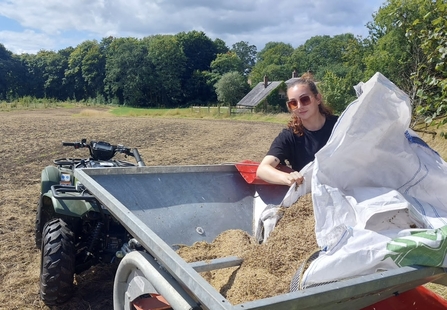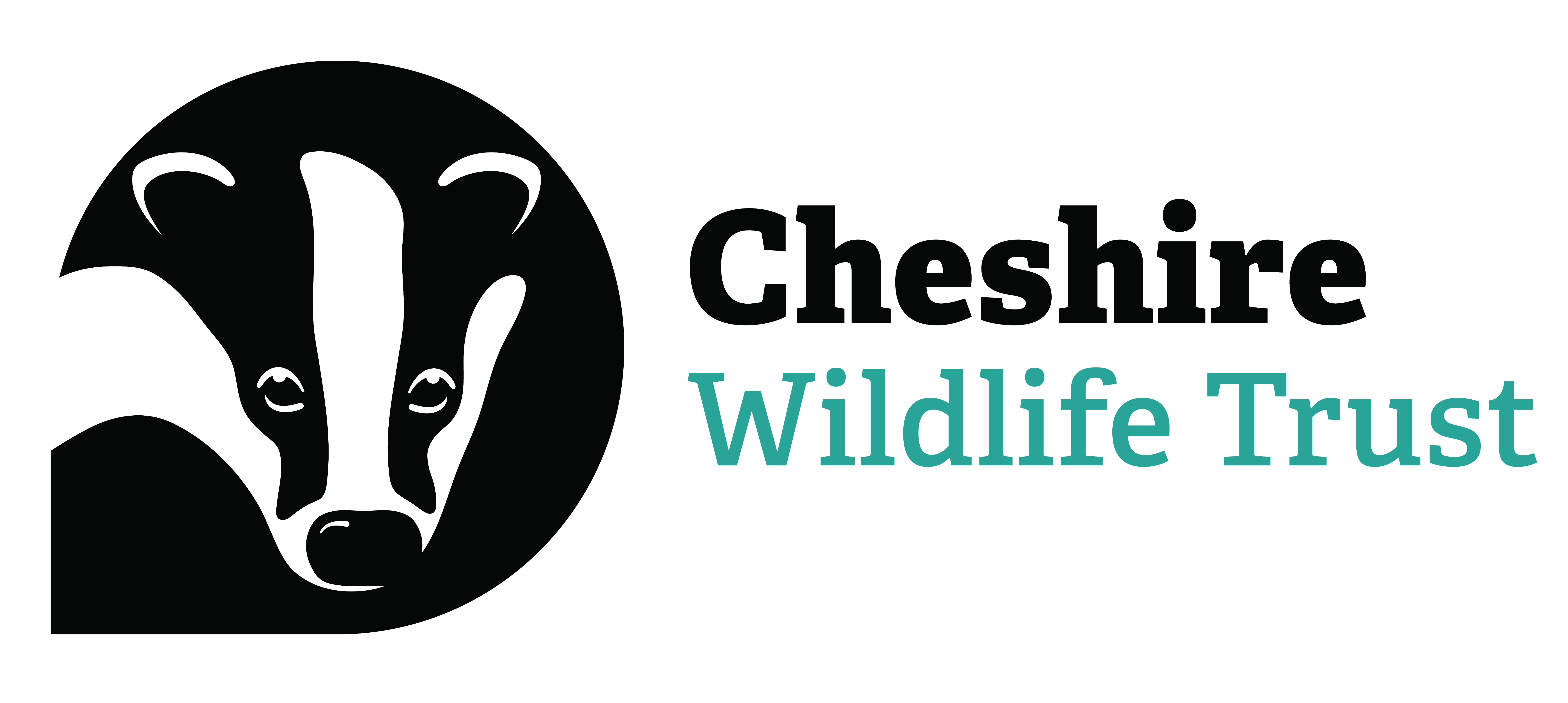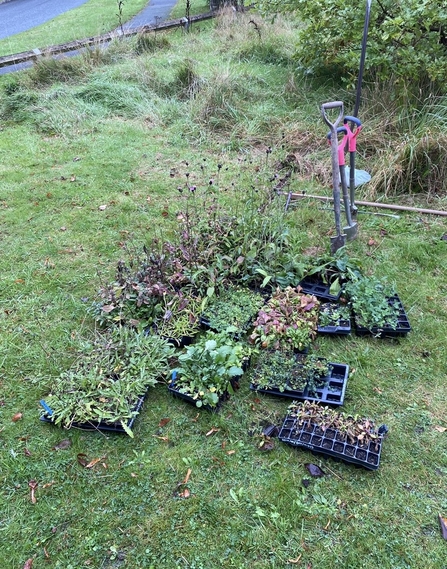
Hello, I’m Emily, a Nature Recovery Trainee at Cheshire Wildlife Trust. I’m excited to share an update as I reach the halfway point of my traineeship. Since my last blog, I’ve been involved in a range of hands-on projects aimed at restoring and protecting our local habitats. Here’s what I’ve been up to…

